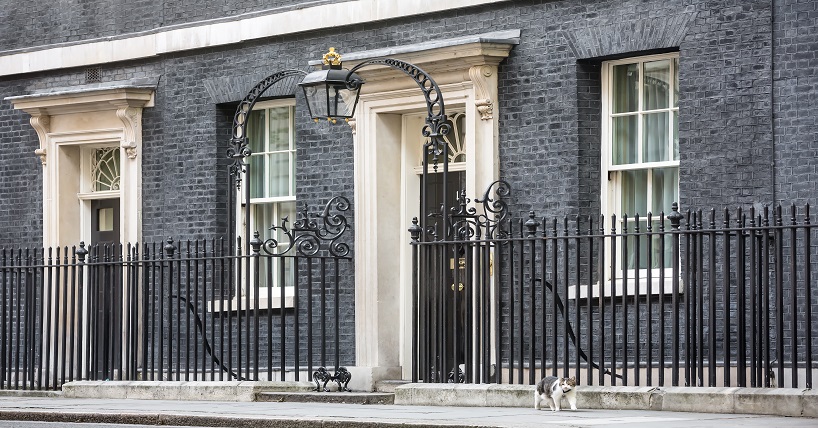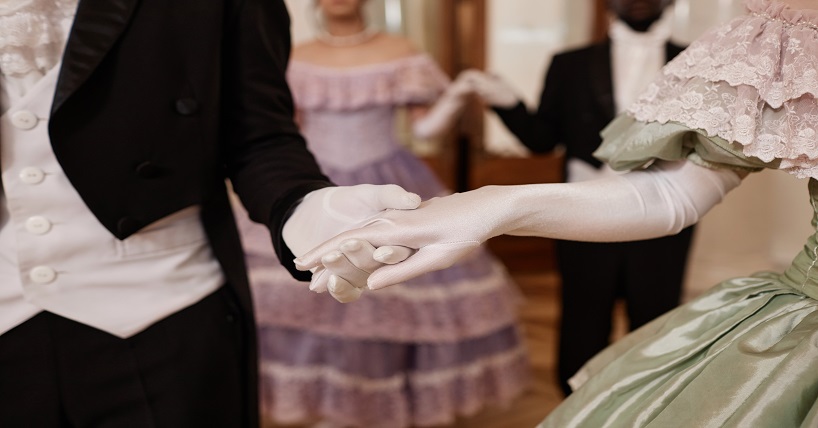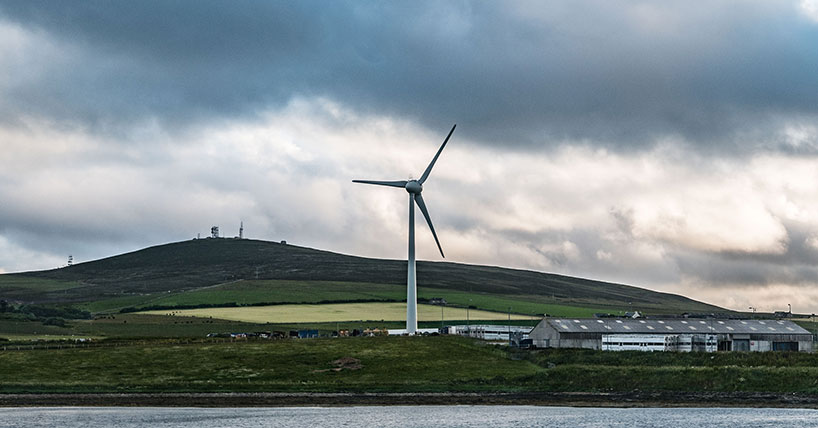Blyth community Net Zero
Blyth community bright 'Sparks’ highlight a path to Net Zero
Published on: 4 July 2025
A community-led art exhibition in Blyth will showcase how marginalised communities envision, and can contribute to, low-carbon planning in the places they live.
Community-led vision for Blyth
Residents of Blyth, Northumberland, worked with community arts organisation, Headway Arts, and researchers at Newcastle University to co-create the exhibition and develop a series of recommendations for an arts-led, community-driven model for Net Zero innovation that listens to marginalised voices. Through a series of arts-based workshops designed by Headway Arts, the project enabled communities to express, share, and advocate for their own place-based vision for Blyth.
The ‘Sparks: Creating Blyth’s Net Zero Policy Story’ exhibition will take place Friday, 11 July 2025 at 6pm, when guidance and policy recommendations for scientists, engineers, and planners who work on Net Zero energy and economic regeneration will be launched alongside the art from the workshops.
The multimedia ‘policy document’ featured in the exhibition, and co-created by the Newcastle University research team, aims to catalyse wider participation from other communities in Blyth to co-create a Net Zero vision for the town that is inclusive, fair, and just.
Among the policy recommendations in the document is to move beyond token consultation towards bringing communities together by listening in creative ways before introducing technical and planning solutions. Additionally, the workshops highlighted that local government should recognise and strengthen existing community-led assets and initiatives rather than building around them or replacing them.
Another major theme was that of the need to distribute the benefits of Net Zero measures to everyone including long-term residents and marginalised communities, in particular, addressing energy poverty in areas where renewable energy is produced.
It is hoped that this method of bringing together marginalised communities, academics and industry can provide a model for other post-industrial coastal communities to develop a transition to a low carbon future that works for all residents.
Professor Anthony Zito, Co-Investigator on the project said: “Everyone concerned about protecting our climate and our environment must face the challenge of building understanding and trust between local communities and the experts. This policy document is an experiment to make both an informational and an emotional bridge between these groups.”
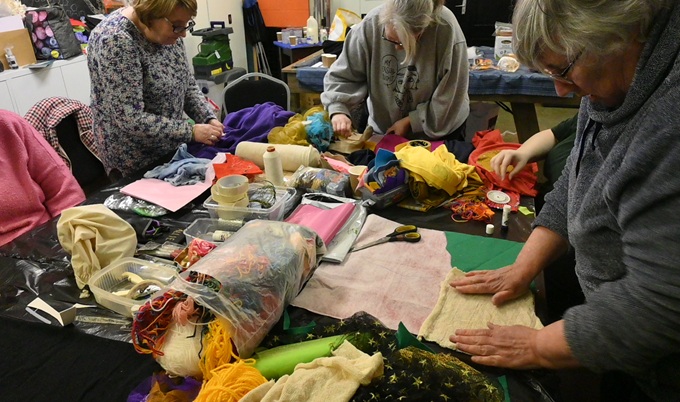
Headway Arts is a multi-award winning professional arts company, registered charity and Arts Council England National Portfolio Organisation in Blyth, Northumberland. It is led by people with lived experience of disability and their allies.
Allie Walton-Robinson, Creative Director of Headway Arts and principal partner on the project, said: “Martin Luther King said something like ‘it will not be a good place for any of us unless we make it a good place for all of us’. The communities we are working with are the experts on where they live, what needs to change and what resources they need to create that change.
“Our creative methods breathe life into policy and offer deep consultation processes. This is such exciting collaborative research. I think this approach can make a huge difference. We are aiming for real community-led change.”
The wider project that produced the exhibition and policy document is called ‘A Resilient, Just Transformation for Post-industrial Coastal Communities’, and has been funded by the Economic and Social Research Council. It is co-led by researchers from politics, media and culture, arts, planning, and engineering at Newcastle University, working with Headway Arts, alongside other Blyth community organisations the Forget-Me-Not Residents Association, Isabella Heap, and the Blyth Culture Network.
Dr Clifton Evers, Senior Lecturer in Media and Cultural Studies, Newcastle University, and Co-Investigator on the project, said: “This will be a powerful, moving, and inspirational event where you will get to meet people from all walks of life who came together to create not only policy, but joy.”
The exhibition will take place on Friday, 11 July 2025 at 6pm, at the Headway Arts Centre, The Old Church, Waterloo Road, Blyth, Northumberland, NE24 1BY. The event will feature a panel discussion at consisting of local community leaders and Professor Anthony Zito, from Newcastle University. The event is free, but places must be reserved in advance by emailing b.cherry2@newcastle.ac.uk.
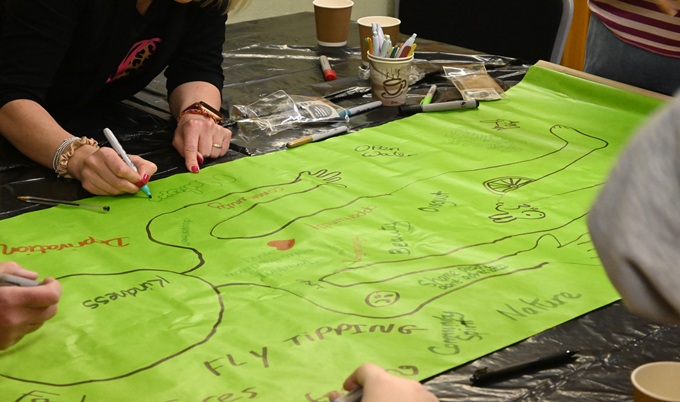
The wider project that produced the exhibition and policy document is called ‘A Resilient, Just Transformation for Post-industrial Coastal Communities’, and has been funded by the Economic and Social Research Council. It is co-led by researchers from politics, media and culture, arts, planning, and engineering at Newcastle University, working with Headway Arts, alongside other Blyth community organisations the Forget-Me-Not Residents Association, Isabella Heap, and the Blyth Culture Network.
Dr Clifton Evers, Senior Lecturer in Media and Cultural Studies, Newcastle University, and Co-Investigator on the project, said: “This will be a powerful, moving, and inspirational event where you will get to meet people from all walks of life who came together to create not only policy, but joy.”
The exhibition will take place on Friday, 11 July 2025 at 6pm, at the Headway Arts Centre, The Old Church, Waterloo Road, Blyth, Northumberland, NE24 1BY. The event will feature a panel discussion at 6pm consisting of local community leaders and Professor Anthony Zito, from Newcastle University. The event is free, but places must be reserved in advance by emailing b.cherry2@newcastle.ac.uk.

